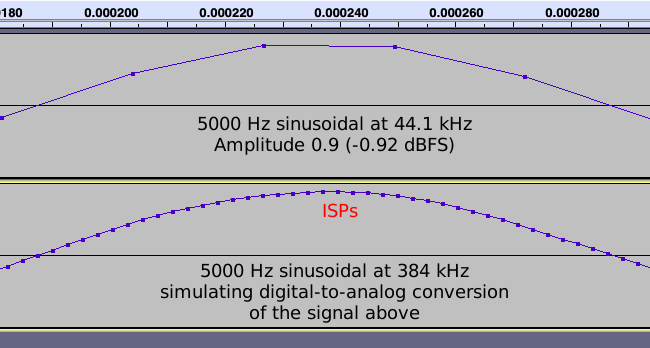Joe Bloggs
Sponsor: HiByMember of the Trade: EFO Technologies Co, YanYin TechnologyHis Porta Corda walked the Green Mile
What do people think about this? he specially mentions how encoders can mangle intersample clipping, baking it permanently into the music no matter how much headroom you give
i tested this with his mentioned song "Red Hot Chilli Peppers - Monarchy of Roses" and listening on MP3 quality on tidal sounds, it sounds even more dreadful then MP3 usually do IMHO
Even lowly old mp3 could be encoded and decoded in floating point. I would be VERY surprised if this is not the case with newer codecs.
Saying that a crappy encoder CAN mangle intersample clipping for the sake of arguing for lossless or even high res files is akin to saying that CD format is bad by saying that there's a crappy DAP out there that mangles oversampling and can only play decent music if it's encoded in hi-res.

|
Stay updated on HiBy at their facebook, website or email (icons below).
Stay updated on HiBy at their sponsor profile on Head-Fi.
|






















